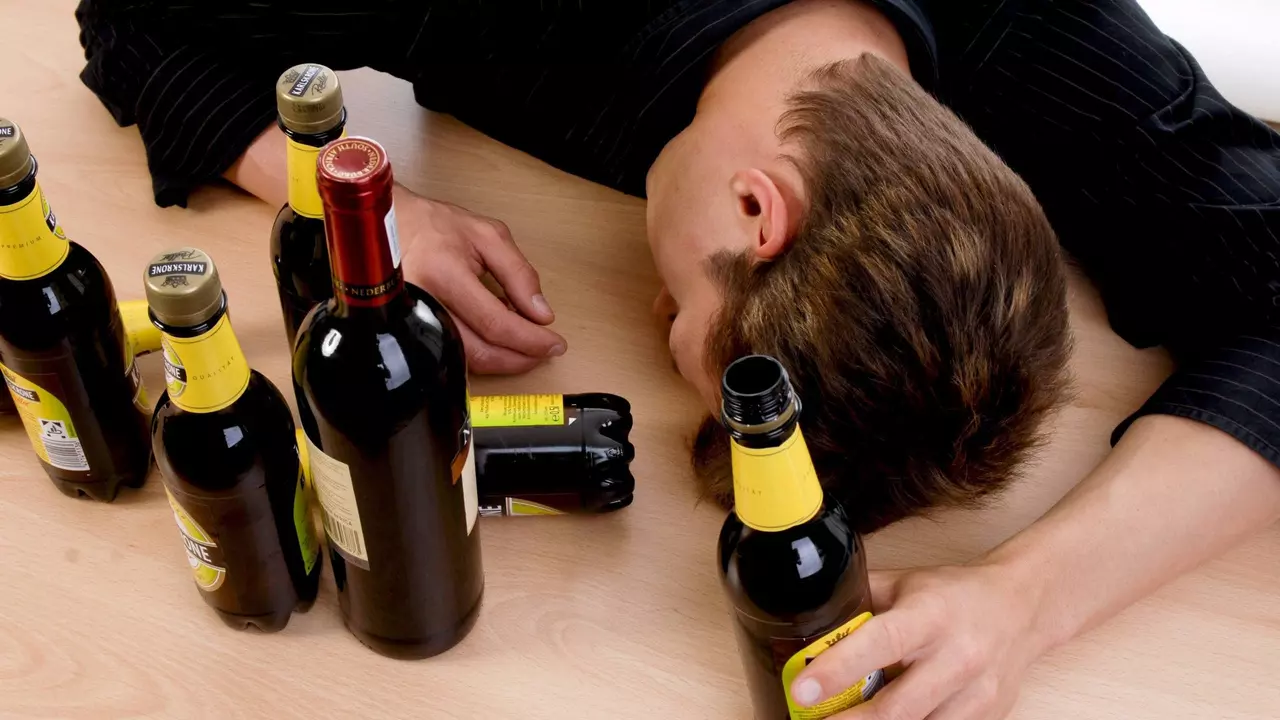Well, folks, here's a zinger of a question: Should we seriously consider the ramblings of our tipsy pals? My thought? Absolutely! As a firm believer in the 'drunken words, sober thoughts' theory, I reckon there's often truth wrapped up in those beer-blurred statements. Now, don't get me wrong, I'm not saying we should base life decisions on barroom babbling, but hey, sometimes it's worth lending an ear to your inebriated mate. And remember, just because the thought was born in a brewery, doesn't mean it's automatically a bad idea!
Alcohol Influence: What Happens When You Drink
Ever wonder why a night out can feel so different from a sober evening? Alcohol changes the way your brain works, which in turn shapes your thoughts, emotions, and actions. Understanding these changes helps you make smarter choices and avoid unwanted surprises.
How Alcohol Affects Your Brain
When you take a drink, alcohol quickly moves into your bloodstream and reaches your brain. It slows down the brain’s communication system, especially the chemicals that help you stay focused and think clearly. That’s why you might feel relaxed at first, then start slurring words or losing coordination. The more you drink, the harder it gets for the brain to filter out irrelevant thoughts, leading to louder, riskier behavior.
One of the most noticeable effects is the drop in inhibition. Alcohol blocks the part of the brain that normally tells you to think before you act. Suddenly, jokes feel funnier, and you might say things you’d normally keep to yourself. This can be entertaining in small doses but can turn into conflict or embarrassment when the drinking goes beyond moderation.
Physical Symptoms to Watch For
Beyond the mental changes, alcohol hits your body hard. Your balance gets shaky, reaction time slows, and you might feel warm even when it’s cool outside. Those sensations are signs that your nervous system is being overruled by alcohol’s depressant effect. If you notice a pounding headache, nausea, or a rapid heartbeat, it’s a clear signal that your body is telling you to stop.
Long‑term drinking adds extra layers of risk. Consistent heavy use can damage the liver, raise blood pressure, and increase the chance of mental health issues like anxiety or depression. Even moderate drinking can affect sleep quality, leaving you tired the next day.
So, how can you stay in control? First, set a limit before you start and stick to it. Use a buddy system – let a friend know you’re watching your intake. Eat food with your drinks; food slows the absorption of alcohol and can keep the high from hitting too fast.
Drink water between alcoholic beverages. This simple habit helps keep you hydrated and gives your body a chance to process the alcohol more evenly. If you feel the buzz turning into dizziness or confusion, switch to water or a non‑alcoholic drink and give yourself a break.
Remember, the goal isn’t to eliminate fun but to enjoy it responsibly. Knowing how alcohol influences your mind and body empowers you to enjoy social moments without the downside. Next time you pick up a glass, think about what your brain and body will do – then decide if that’s the experience you want.
